ARTICLE AD BOX

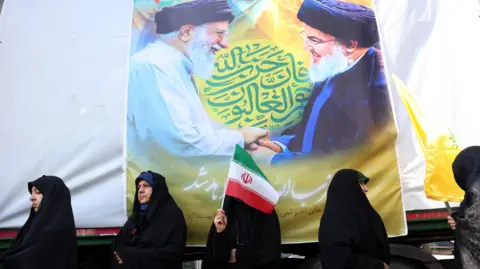 EPA
EPA
Ayatollah Ali Khamenei described Hassan Nasrallah as "a path and a school of thought"
Iran’s supreme leader has said the death of Hezbollah leader Hassan Nasrallah "will not go unavenged", a day after he was killed in an Israeli air strike in Lebanon.
Ayatollah Ali Khamenei announced five days of mourning in Iran in response to what he described as the "martyrdom of the great Nasrallah", describing him as "a path and a school of thought" that would continue.
Iranian media reported that a Iranian Revolutionary Guards general was also killed in the Israeli strikes in Beirut on Friday.
Israel’s military said Nasrallah had "the blood of thousands... on his hands", and that it targeted him while he was "commanding more imminent attacks".
There are fears that the strike could plunge the wider region into war, after nearly a year of cross-border fighting between Israel and Hezbollah sparked by the 7 October attacks and war in the Gaza Strip.
Key to what happens next in the Middle East is what Ayatollah Khamenei decides.
So far, he and other senior Iranian figures have refrained from vowing to retaliate for the series of severe and humiliating blows that Israel has dealt Hezbollah in recent weeks, seemingly because Iran does not want a war with its arch-enemy.
Iran also has not carried out its threat to avenge the assassination of Hamas leader Ismail Haniyeh in Tehran in July, which Iran and Hamas blamed on Israel.
Both Hezbollah and Hamas are designated as terrorist organisations by Israel, the US, UK and other countries.
Earlier on Saturday, Ayatollah Khamenei urged Muslims to stand by Hezbollah "with their resources and help" but did not promise to retaliate for the strike that killed Nasrallah.
"The fate of this region will be determined by the forces of resistance, with Hezbollah at the forefront," he said.
Reuters news agency meanwhile cited two regional officials as saying that the supreme leader had been transferred to a secure location inside Iran with heightened security measures. They also said Iran was in constant contact with Hezbollah and other allies to determine their next steps, according to the report.

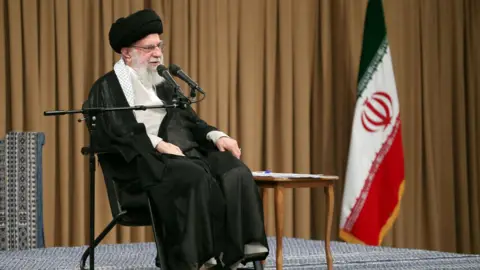 Reuters
Reuters
Ayatollah Khamenei - pictured last week - has expressed condolences to the family of Nasrallah
Friday’s Israeli strike levelled several buildings in Beirut’s southern suburb of Dahieh, underneath which the Israeli military said Hezbollah’s central headquarters was located.
Hezbollah confirmed Nasrallah’s death on Saturday. But it did not comment on the Israeli military’s claim that Ali Karaki, the head of the group’s Southern Front, and other commanders were killed alongside Nasrallah.
Gen Abbas Nilforoushan, deputy commander of operations for Iran's Islamic Revolution Guard Corps (IRGC), was also "martyred" in Dahiyeh on Friday, according to the IRGC-linked Saberin News outlet.
It provided nor further details, although the moderate Didban news website said he was "assassinated along with" Nasrallah.
However, there has been no official confirmation from Iranian authorities.
Iran uses the IRGC to provide Hezbollah with most of its funding, training and weapons, which have allowed the Shia Islamist group to build a military wing stronger than the Lebanese army.
The US says the IRGC also oversees the co-ordination of Iran’s network of allied armed groups across the Middle East, which are all opposed to the US and Israel and sometimes refer to themselves as the “Axis of Resistance”.

 3 months ago
15
3 months ago
15
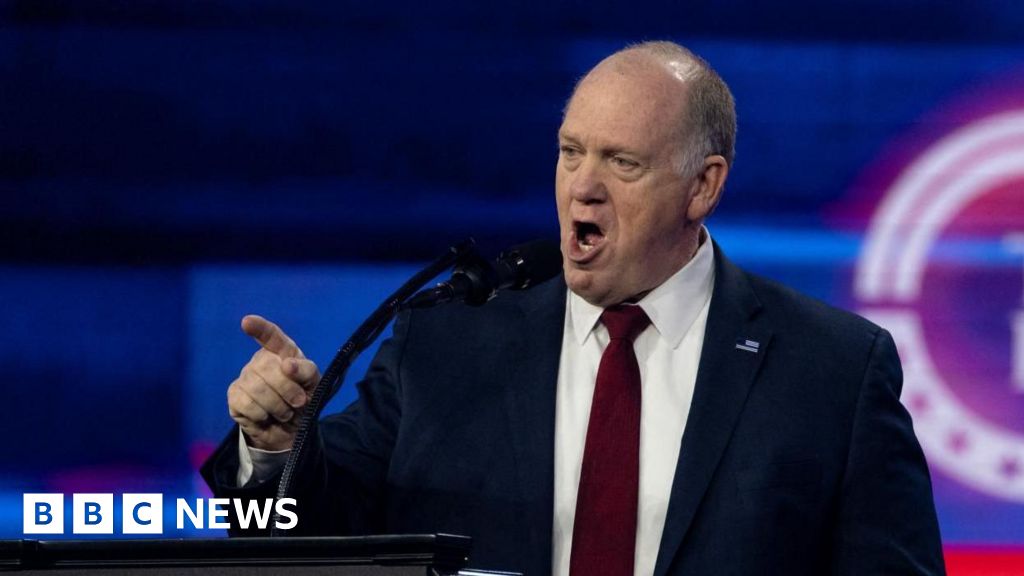
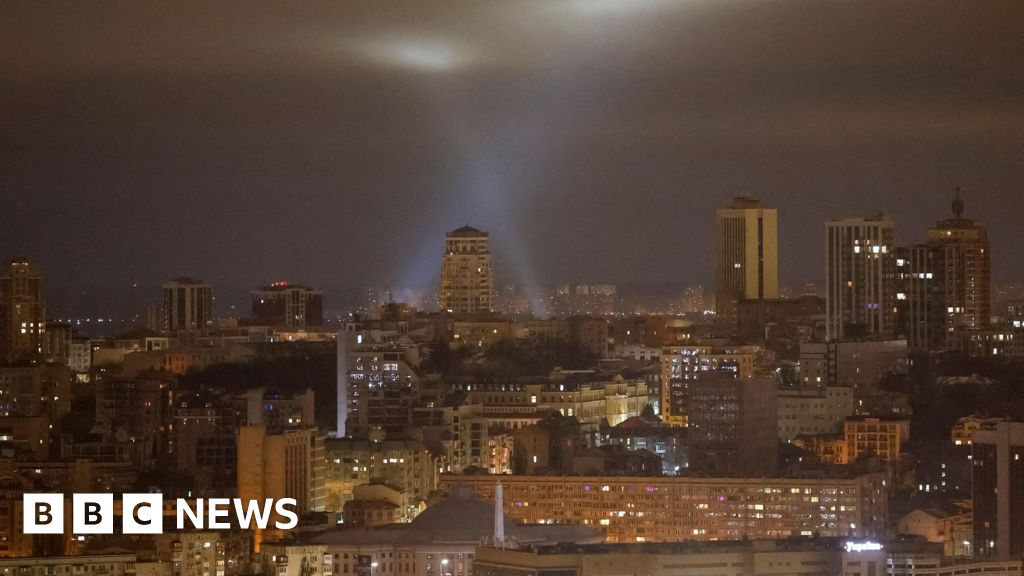
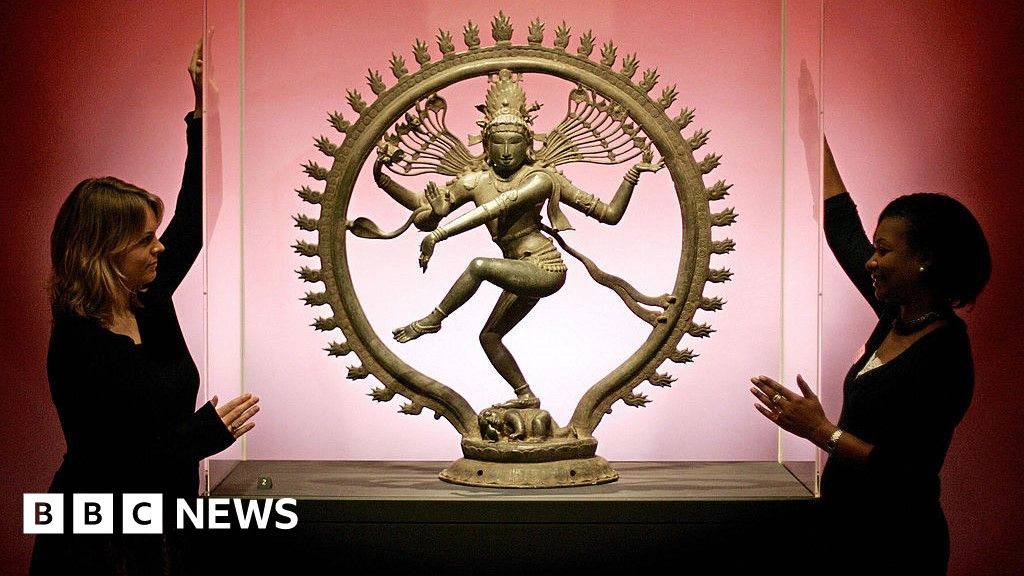





 English (US) ·
English (US) ·